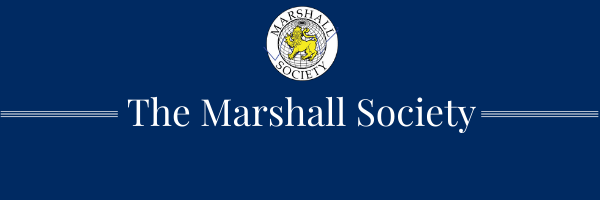Economic Surplus: Summer Holidays Edition 1

Economic Surplus by The Marshall Society
"Capitalism without competition isn't capitalism. It's exploitation." ― President Joe Biden
Welcome to the inaugaral edition of Economic Surplus, the newsletter brought to you by the Marshall Society! We are the University of Cambridge's flagship economics society. Every week, we'll bring you our bespoke commentary on economic trends, updates on our exclusive members' events as well as a summary of the headlines you can't ignore! You've probably received this email because you were previously subscribed to the Marshall Society's old email list, but if you have been forwarded this by a friend, feel free to subscribe here!
Marshall's Thoughts:
This week’s Marshall’s Thoughts are written by George Baxendale.

The gender pay gap – the difference between the average earnings of men and women – has long been attributed to the greater impact of childbirth on mothers’ earnings. This is called a “child penalty”.
Childbirth has a greater impact on women’s earnings for biological reasons and societal reasons. Biological reasons include the task of breastfeeding and the long lasting consequences of pregnancy and giving birth. There are other societal reasons such as mothers tending to take on a greater proportion of the childcare responsibility.
Kleven, Landais, and Sogaard try to distinguish between these two types of reasons by comparing the “child penalty” between biological and adoptive parents. As the figure above shows, short-run child penalties are greater for biological mothers than adoptive mothers. In the long-run, the child penalty seems to be caused by societal reasons, not biological.
Sources: Understanding the Child Penalty and Does Biology Drive Child Penalties?.
In Case You Missed It:
ECB tweaks inflation target, bolsters climate role | Reuters – The ECB, after a long consultation, has changed its inflation target from “below but close to 2%” to a symmetric target around 2%. This follows the US Federal Reserve’s decision to use an average inflation target in the summer of 2020.
Three New Estimates of India’s All-Cause Excess Mortality during the COVID-19 Pandemic (cgdev.org) – Researchers use three different methods to estimate the death toll of the pandemic in India and find that excess mortality is more like 4 million than 400,000 – the stated official figure.
Persuading Investors: A Video-Based Study | NBER – What factors induce investors to invest in start-ups? Machine learning analysis of start-up pitch videos suggests that positivity increases the probability of investing.
Immigration and the UK economy after Brexit | VOX, CEPR Policy Portal (voxeu.org) – Jonathan Portes, Professor of Economics at King’s College London, predicted in 2019 that post-Brexit immigration reforms would result in a 2% fall in UK GDP over 10 years. Now, Portes has recanted his view and he now believes that the fall in GDP will be much smaller, if a fall at all. This comes as a result of new government guidance on what the post-Brexit immigration system will look like.
"[The new reform] rebalances the system from one which was essentially laissez-faire for Europeans, while quite restrictionist for non-Europeans, to a uniform system that, on paper at least, has relatively simple and transparent criteria, and covers up to half the UK labour market.”
That's it from us for now!
The Marshall Society